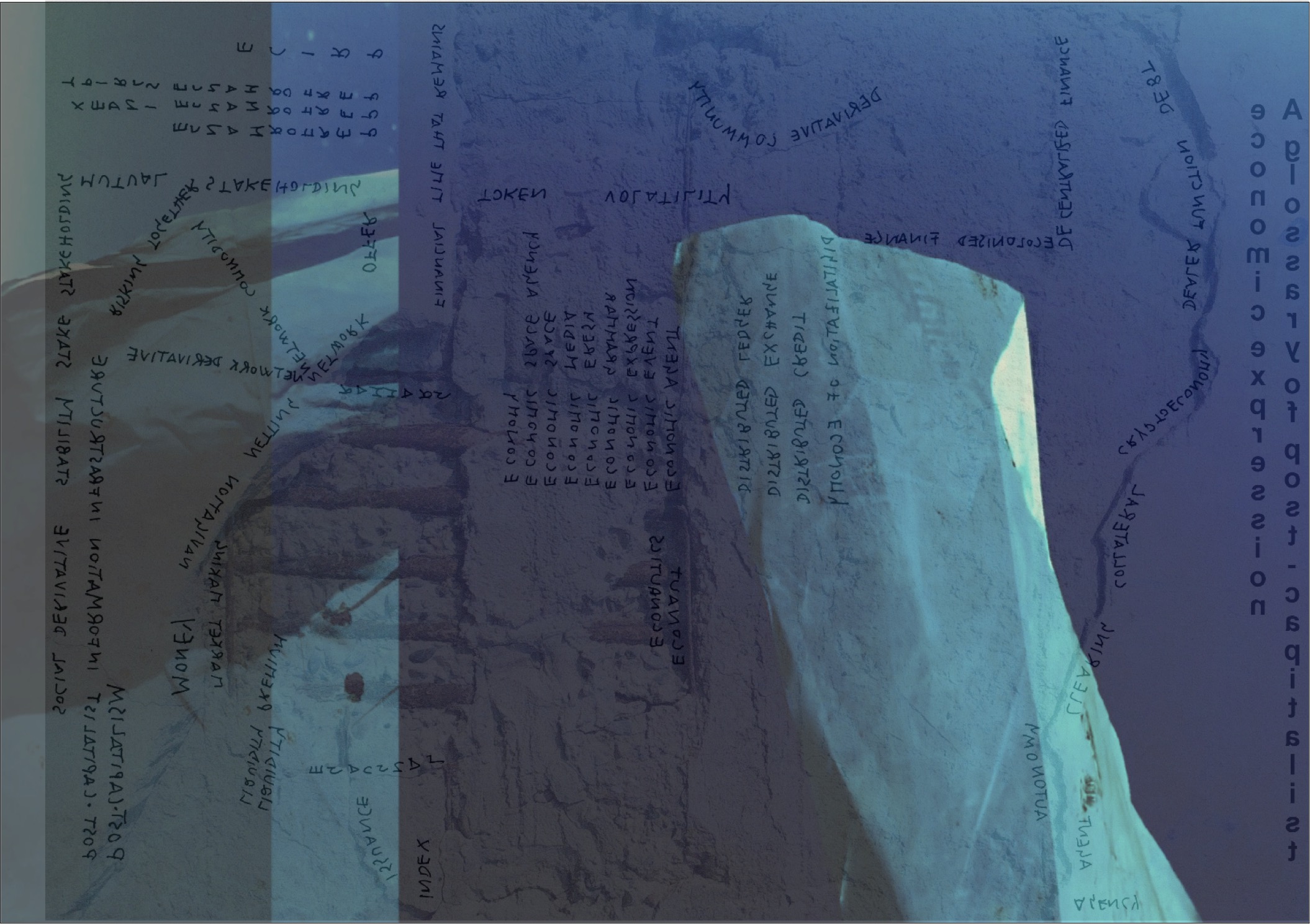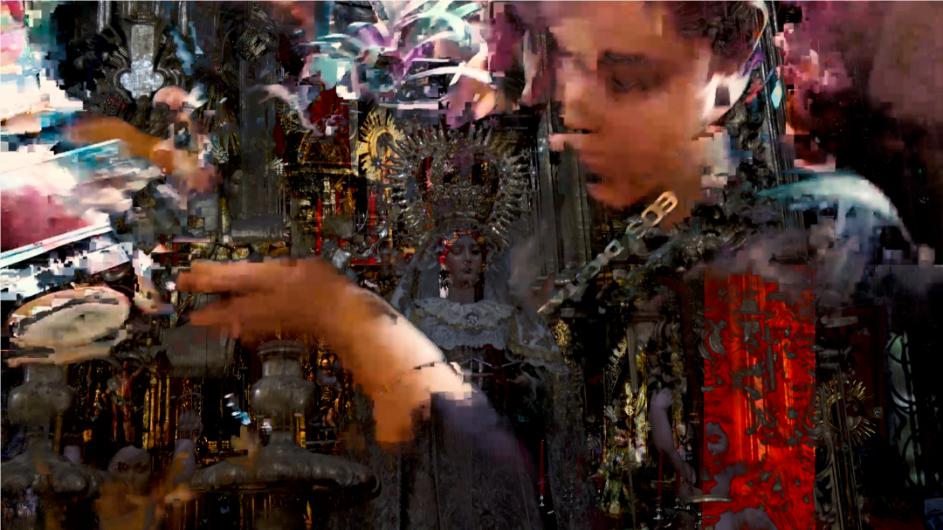Vincenzo Frungillo sul libro in versi di Roberto Gaudioso
Qualche anno fa il libro L’io-pelle dello psicanalista francese Didier Anzieu, riassumeva tutta un serie di fenomenologie della percezione legate alla carne, scardinando l’egotismo occidentale attraverso la centralizzazione del margine: la pelle è il limite biologico, l’involucro, che apre all’altro incessantemente. Scrive Gaudioso nella poesia che chiude il primo movimento: “il mio corpo traduce e seduce il divenente/urlo nel mio dna scrivente”. Ma l’estrema disposizione all’apertura richiede ancora un movimento: aldilà della psicanalisi, ricordando con la fisica, che la materia è fatta di luce, e con essa il corpo così la carne e la pelle.




